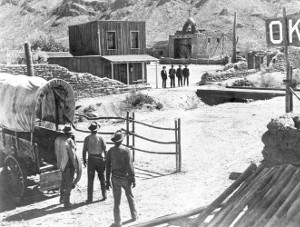The Siege by Ismail Kadare
Little did I know that when I read Roger Crowley’s Empires of the Sea several years ago which recounted in excruciating details the siege of Malta by the Ottomans, I was preparing myself for this book. The action in Crowley’s history takes place in the early 16th century while the fictional action in Kadare’s is set less than a century before. In both, the violence is unimaginable.
Actually I also knew a little about Kadare’s setting because The Traitor’s Niche had me running over repeatedly to Wikipedia to find out about Albania and its greatest medieval leader. Skanderbeg lurks in the shadows throughout The Siege as a mighty Ottoman force attempts to take an unnamed Albanian castle. The action unfolds through the eyes of the Pasha, various members of the Ottoman war council, members of the harem, ordinary foot soldiers and most especially a middle-rank official charged with recording the events for posterity.
The latter is a somewhat comic character who is terrified of all he finds out because he’d rather not know any uncomfortable truths. It’s easy to imagine that Kadare was actually writing about modern (1969) communist Albania and how dangerous it was to express your opinion or associate with dissidents.
I’ve been trying to find out more about Kadare. Apparently he’s seen by many as a Nobel prize candidate but is opposed by many more for what they see as his failure to openly oppose the dictatorship of Enver Hoxha. I’m a fan.

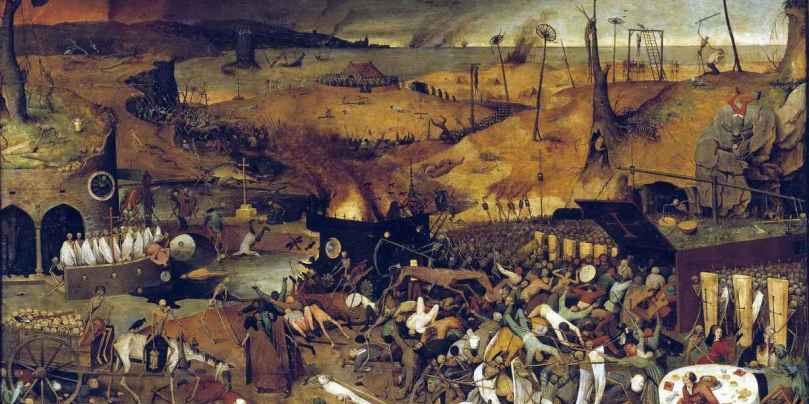
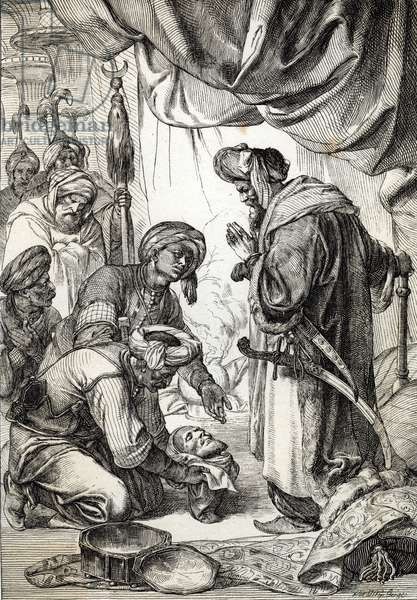
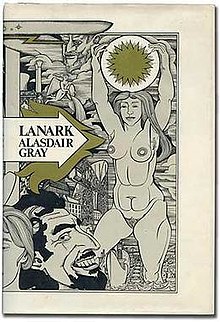 Purporting to belong to the mystery/detective genre, it quickly undermines this, taking the reader inside the madness of the investigator. I think that it is really a philosophy book, about what is real in the world (just about nothing) and what is pretend (everything else). The interrogees are actors. The corporation has no name and its employees are frequently actors too and what it actually does is impossible to decipher. Our experiences are shown to be set up and pre-scripted to make them feel more authentic. And still I recognised this as the world I live in!
Purporting to belong to the mystery/detective genre, it quickly undermines this, taking the reader inside the madness of the investigator. I think that it is really a philosophy book, about what is real in the world (just about nothing) and what is pretend (everything else). The interrogees are actors. The corporation has no name and its employees are frequently actors too and what it actually does is impossible to decipher. Our experiences are shown to be set up and pre-scripted to make them feel more authentic. And still I recognised this as the world I live in!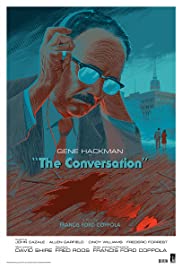 I’d have to say that it fades somewhat in the final 50 pages, but remains top class in my opinion – I went straight out and bought his second novel.
I’d have to say that it fades somewhat in the final 50 pages, but remains top class in my opinion – I went straight out and bought his second novel.